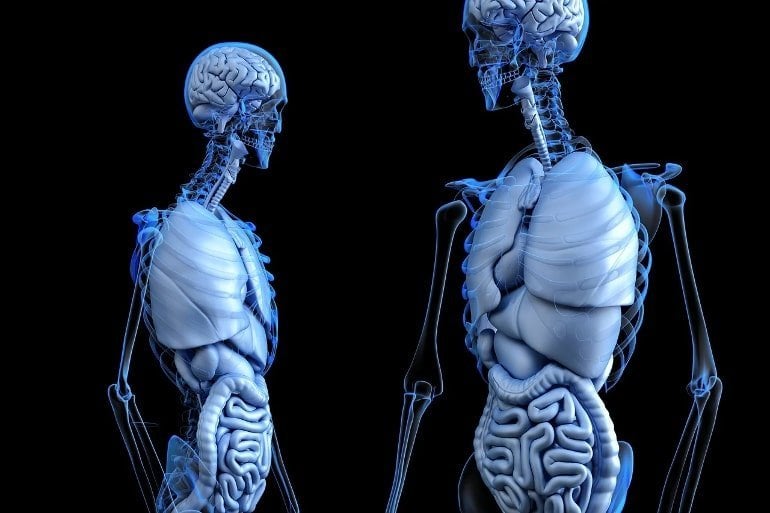
Neuroscience can involve research from many branches of science including those involving neurology, brain science, neurobiology, psychology, computer science, artificial intelligence, statistics, prosthetics, neuroimaging, engineering, medicine, physics, mathematics, pharmacology, electrophysiology, biology, robotics and technology.
– These articles focus mainly on neurology research.– Definition of neurology: a science involved in the study of the nervous systems, especially of the diseases and disorders affecting them.
– Neurology research can include information involving brain research, neurological disorders, medicine, brain cancer, peripheral nervous systems, central nervous systems, nerve damage, brain tumors, seizures, neurosurgery, electrophysiology, BMI, brain injuries, paralysis and spinal cord treatments.
Neurotechnology research articles deal with robotics, AI, deep learning, machine learning, Brain Computer Interfaces, neuroprosthetics, neural implants and more.A new Yale study has found that the liver plays a major role in regulating feeding behavior in mice, a discovery that could have implications for people with eating disorders and metabolic diseases.In a series of experiments, the research team uncovered a circuit by which the brain and liver communicate with—and control—each other.The two key participants of this conversation are a group of cells known as agouti-related protein (AgRP) neurons, which are found in the hypothalamus region of the brain, and a type of lipid secreted by the liver called lysophosphatidyl choline (LPC).
In this study, the researchers observed that after fasting, mice had higher levels of LPA in both the blood and the cerebrospinal fluid, the special liquid found within the central nervous system.These findings suggest a circuit wherein AgRP neurons regulate the liver and lipid release and in which those lipids cycle back to the brain where they affect the cortex and its functions.Within the central nervous system, synaptic phospholipids regulate glutamatergic transmission and cortical excitability.
Whether changes in peripheral metabolism affect brain lipid levels and cortical excitability remains unknown
We further show that the effects of LPA following fasting are under the control of hypothalamic agouti-related peptide (AgRP) neuronsThese findings reveal a direct influence of circulating LPAs under the control of hypothalamic AgRP neurons on cortical excitability, unmasking an alternative non-neuronal route by which the hypothalamus can exert a robust impact on the cortex and thereby affect food intake